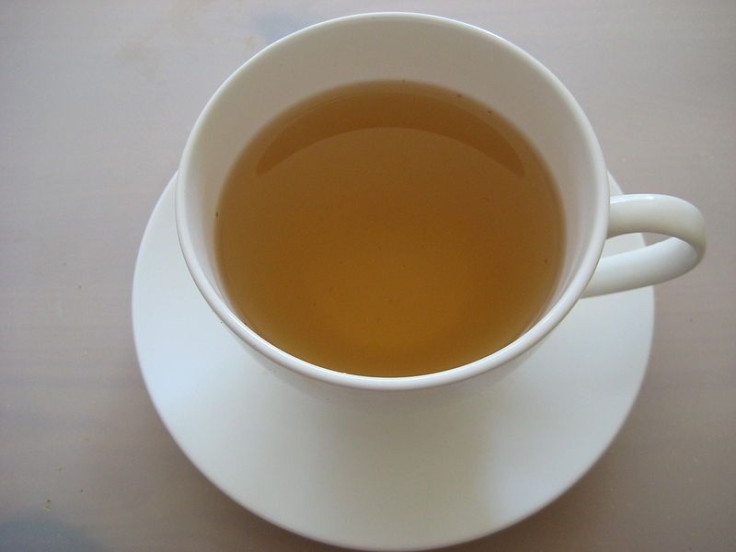How Green Is It? Some Green Teas Contain No Antioxidants At All

Many people drink green tea because of the purported health benefits. Some studies have suggested the antioxidants in the beverage could play a role in lowering cholesterol, preventing diabetes, and even mitigating the effects of dementia.
But a new report from the independent lab ConsumerLab.com shows not all green teas are created equal, says The New York Times Well blog. Bottled varieties of green tea can contain more sugar than antioxidants, and while actual green tea leaves can contain a large amount of antioxidants, they can also contain lead and other environmental contaminants.
ConsumerLabs.com tested a variety of bottled green tea drinks as well as green tea brewed from leaves. The loose-leaf tea contained the highest levels of antioxidants like epigallocatechin gallate (ECGC), which has been tentatively connected to health benefits like weight loss and cancer prevention, the Times says. But some bottled teas like Snapple's Diet Green Tea contained almost no ECGC at all. One bottled brand, Honest Tea, contained only about 60 percent of the advertised 190 milligrams of antioxidants, and had almost the same amount of caffeine as a cup of coffee and half the amount of sugar in a can of soda, the Times adds.
The report also found that, although the teas brewed from loose leaves have a higher concentration of ECGC and other antioxidants, some of them also contain lead. Finding lead in a plant is not surprising, as plants absorb any elements in the ground around them. But green tea plants are "known to absorb lead at a higher rate than other plants from the environment, and lead also can build up on the surface of the leaves," ConsumerLabs.com president Tod Cooperman told the Times.
It's likely the tea leaves that tested positive for lead came from China, which is known to have a problem with industrial pollution, Cooperman added. Tea brands that source their leaves from Japan had less of a lead problem, the Times says. Decaffeination also removes lead from leaves, so decaffeinated green tea leaf blends are likely to have less lead in them.
Fortunately, the lead tends to stay in the leaves throughout the brewing process, the Times says, so the health concerns are minimal. Tea bags tend to filter out the lead, keeping it with the leaf instead of letting it leech into the hot water. "So it's fine as long as you're not eating the leaves," Cooperman told the Times.
Published by Medicaldaily.com



























